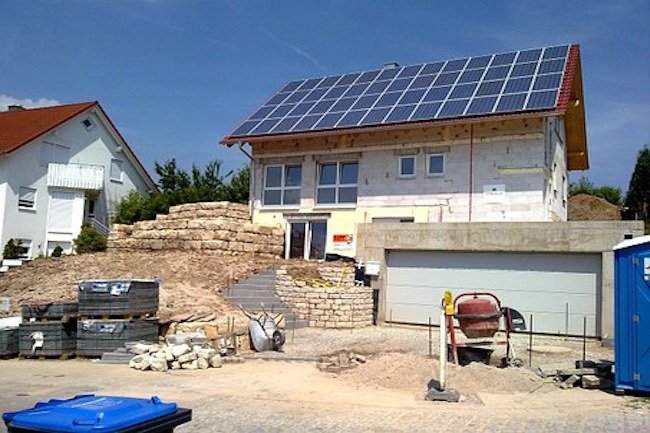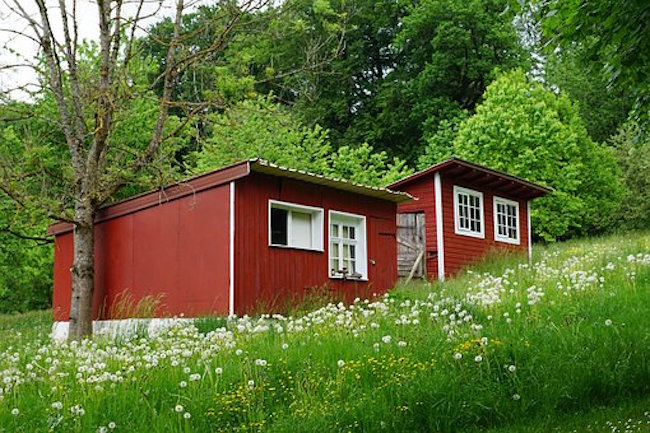How to Survive Fires and Wildfires like a Firefighter by Tara Dodrill for The Survivalist Blog
Have you thought about what you will do when you can’t call the fire department during a long-term disaster? If not, you are among a high percentage of preppers who have neglected to work this fire preparedness into their survival plan.
As preppers, we know calling 911 will not be an option during a SHTF situation, so we plan to become our own police officers, doctors, and farmers during a doomsday event. Yet, far too few of us plan for an equally important and potentially deadly domino effect like a raging blaze happening without those big red trucks being able to roll to our rescue.
Prepping to deal with a fire during any type of long-term disaster involves far more than battling the flames ourselves. The fire survival plan should include building with fire retardant materials or retrofitting an existing home with them, and manicuring the areas around the main structure to create fire breaks and prevent adding fuel to a growing blaze.
Thinking that rural preppers are going to be more vulnerable to fires than our suburban and urban peers would be a false assumption. Yes, those of us who live in the country are more likely to deal with wildfire roaring unchecked when you can’t call the fire department, but there are equally substantial SHTF fire threats lurking in the suburbs and metropolitan areas as well.
Suburban and Urban Fire Threats
Ponder for a moment, the number of suburban and urban dwellers who routinely use a fireplace or wood stove as their sole source of heat. Few, if any, would be the answer to that question, right?
During a SHTF disaster of any type, you should not expect the power grid to remain functional for very long. Even during a pandemic or economic collapse the sustainability of our overly taxed and antiquated electrical grid will only remain operational as long as a workforce is able or willing to show up and tend to business.




